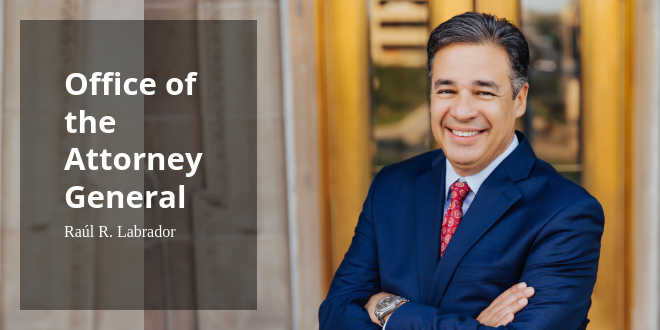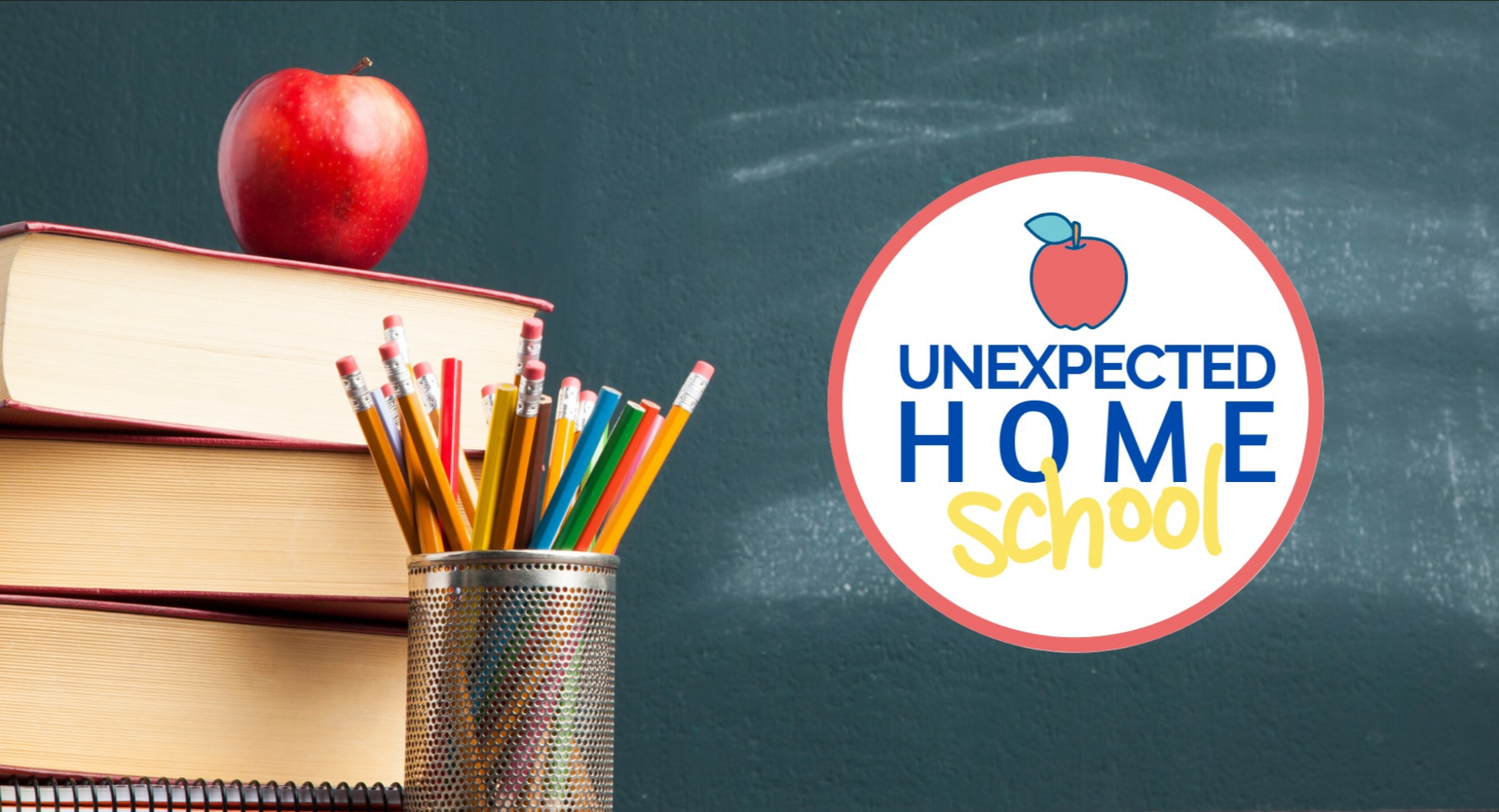The Liberated Learner — Column by Suzanne Kearney
In the past few weeks, I’ve heard from three different homeschool moms who are either putting their kids in school or seriously considering it. Do I judge them? Absolutely not. While I personally believe homeschooling offers the best learning environment for most children, education is not a one-size-fits-all endeavor. There are some in certain circles who claim that homeschooling is the only acceptable way to teach, but this is simplistic. Although I have instructed my kids at home for most of their upbringing, I agree that there are certain situations that require unique consideration. Here are just a few.
Special needs
A child who has profound disabilities that require special intervention may do better in an environment that caters to his or her challenges. Especially if a parent is homeschooling other children, it may be difficult to give focused attention to one child without excluding the others. A child with extensive mental or emotional impairments may benefit from someone specifically trained to meet those needs.
Temperament
A child who thrives on extended social interaction, has specialized academic interests, struggles with motivation, or has a defiant heart about being homeschooled and constantly fights with Mom, may benefit from a “trial period” in which he or she experiences the school environment. Do the attitudes and emotional health of the child improve or decline with school enrollment? Is he more or less respectful and helpful at home? Is he thriving academically or losing ground? What are his new teachers and friends like, and how are they influencing him? Any parent who considers school for temperamental reasons should be fully involved and observant of all these issues and willing to change course if necessary.
Life change
Divorce, health issues, financial difficulties, death, mental burnout, and more may cause parents to consider putting a child in school for a short or longer period. While it is generally agreed that such upheavals of daily life are best handled by keeping things as “normal” as possible, it is understandable if parents need to enroll their children for a time, until the situation resolves. While it is still possible to homeschool in times of crisis, parents should not feel guilty about considering outside help.
If, after weighing all options, you decide that school is the best fit for your children, I encourage you to do everything you possibly can to give them the best chance at a good education and strong moral foundation. First, get to know your child’s teachers, curriculum, school board, principal, and staff. Go to all the meetings. Volunteer. Yes, this will take extra time, but it is necessary. What books are being used, and what ideas taught that may be antithetical to your family’s values? Your child’s school is required to share its curriculum with every parent who asks. If you find something inappropriate, you have the right to request it to be removed, or to have your child opt out.
Next, be intentional about imparting your family’s values to your child, while inoculating him to the risks he may encounter in a school situation. The best program I have found for this, and which two of my own children have completed, is CROP Ministries (Christian Rite of Passage, https://www.cropministries.org/). CROP is a mentorship program between tweens/teens and their parents, which covers the important issues facing young people in this complex modern age. It gives parents a springboard to talk about topics like depression/suicide, sexuality, moral relativism, substance abuse, peer pressure, bullying, and more, from a biblical perspective. If you choose to place your children under the influence of others for the majority of their education, a program like CROP, or similar type of mentorship, is essential if you want to solidify your family’s values their hearts.
Last, know your child’s friends. Have them over to your house, feed them, set up a basketball or volleyball court, hang out and talk to them and their families. Require open access to your child’s phone, if they have one. Listen to their music. Put monitoring software on all their devices (I use Qustodio, https://www.qustodio.com/en/). This is not an invasion of privacy. This is common sense. Your child’s peer group will only grow in their influence, and it is your job to stand guard.
In closing, homeschooling does not guarantee perfect, well-rounded kids, nor “traditional” school the opposite. Unfortunately, the condemning attitudes of some homeschool “purists” have probably driven people away when they should have been welcomed. To those homeschoolers tempted to criticize those who aren’t in the same place, I encourage you instead to (kindly) invite them into your world. Show them what home education is all about. Answer questions. Let them see the great things your family’s lifestyle has to offer, and be ready to help if they decide to try it out.
Each family must make its own choice before God and country to raise the next generation to preserve life, liberty, and the pursuit of happiness with a clean conscience. Let’s all show grace to one another as we seek what is best for our kids and our society, now and for the generations to come.







